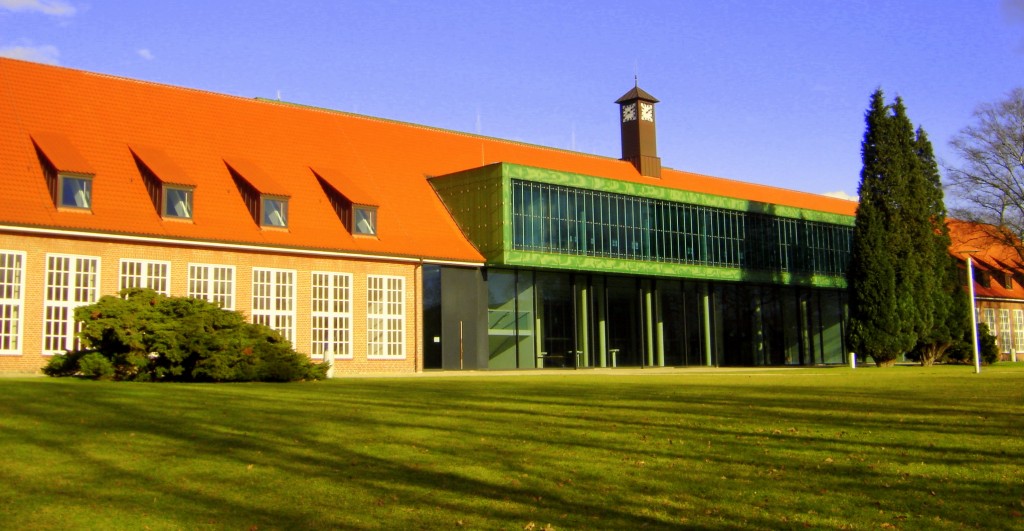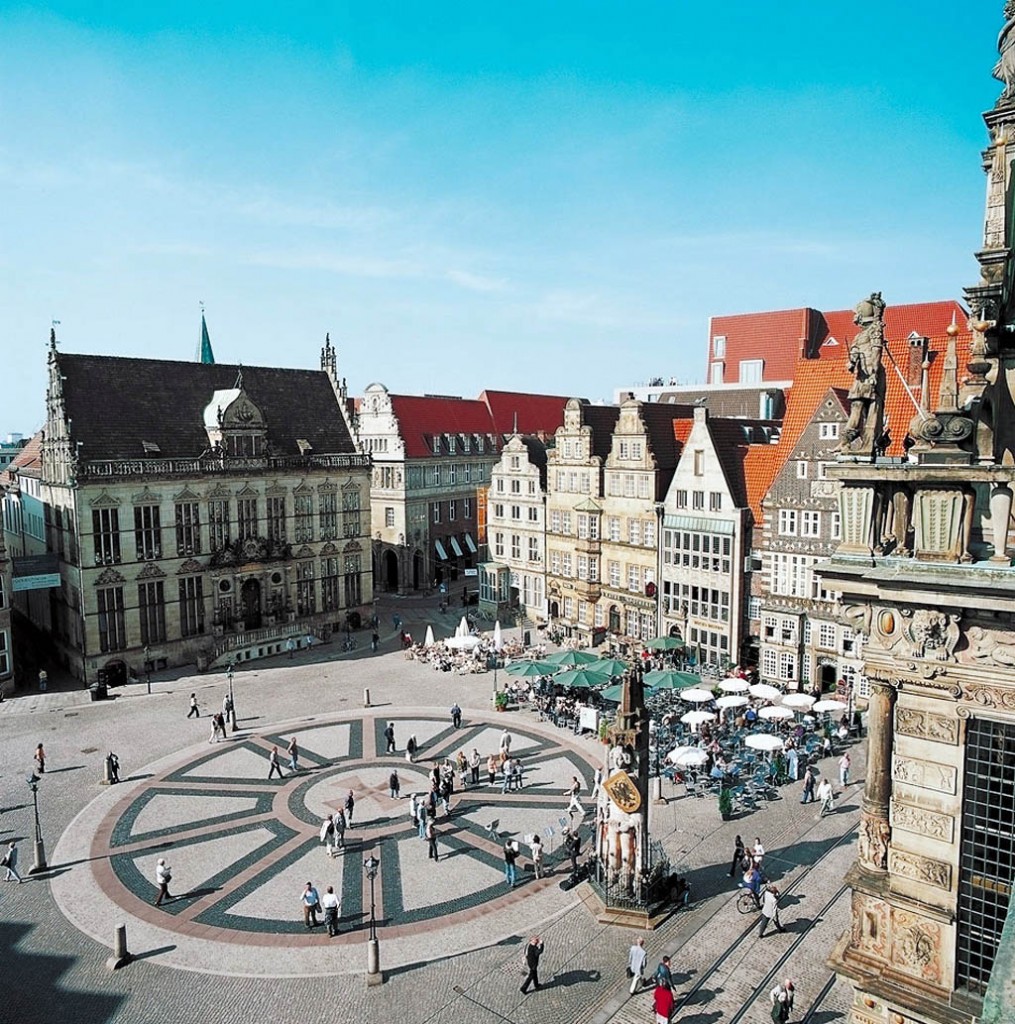By BK,
I’m patiently waiting in line, the queue is long and I do not know when it’s going to be my turn. Behind me stands an energetic, with a turn for eloquence Italian-American girl, named Juliet. It’s “Students Meet Host Families Day” during our orientation week at Jacobs University Bremen. “If you want, you can join my host family and I at our table. I’m inviting you.” she says. I anxiously accept her invitation, a decision that will get me a host family.
The host family program at Jacobs seeks to introduce the students to the culture and life of German people by establishing relations between students and interested Bremen families. At the table, Carl Hermann, Juliet’s host father tells me that his friend is interested in hosting a Jacobs student. And that he would ask him whether he would be interested in hosting me. A week later he writes an email requesting me to become their second host child. I gladly accept their request.
During our first meeting, Hermann has prepared a pie cake and a special German dinner awaits me. Eating cakes becomes a norm in most of our meetings. We discuss many things: I tell them how I had gone from being a regular member of student clubs, co-finding and leading a UN club, to organizing the biggest events in high school, most important of which involved a talk by students from Harvard, Jacobs, Lafayette, Purdue and Yale, which decisively goaded me to apply for an international campus of Jacobs. I tell them about my country, and my future plans. Among other things, they tell me that they became interested in hosting a student, following their experience with students from different countries at their schools. Our relationship grows quickly. I have cheered Hermann in his olympics games, and once prepared Tanzanian breakfast and dinner for his family. We have explored much of Bremen and nearby cities, challenged ourselves and toured Bremen by bike on a one day trip. They make Bremen my home away from home.
It’s 2010 Easter break, and we have decided to spend some of it in Berlin with my host mother’s brother and some in Hamburg with Hermann’s mother. They hit the streets. Behind them, I ride my bike as fast as to stay the pace. “This is the Berlin Airlift Monument,” I heard an instructional voice of a teacher say. It displays names of the British and American soldiers who lost their lives in 1948/49 while saving the lives of West Berliners, during the cold war, when the Soviet Union attempted to strangle them. We have stopped by the Tempelhof Airport site, a historical place where one plane landed at approximately every 15 minutes for a year from West Germany, an occupied portion of Germany by the Allies, carrying supplies. “A similar monument can be found in Frankfurt, where the flights took off, from,” Hermann finishes. We set off to see other places of the city. We would do this everyday for four days, leaving our host’s home in the morning and coming back in the evening.
We would take photos and have coffee in French restaurants. We would stop by an old students building with paints and posters displaying the students’ anger at Nazi Germany and the cold war. We would pass-by Willy-Brandt House and learn about the Kniefall von Warschau, when Brandt, the chancellor of West Germany 1969- 1974, apologetically knelt before the monument of the Warsaw Ghetto Uprising, a Jewish resistance against Nazism, of 1943. We would not stop there, but ride further to the grounds of “Topography of Terror” where the remains of Berlin wall, Gestapo, Nazi Secret State Police, headquarters of Nationalsozialist, Nazi Party, and Reich Security Main Office, the central area for Nazi persecution and terror can be found. And to the Axel Springer Straße and Rudi-Dutschke Straße. They would tell me about Springer’s pro-capitalism newspapers, and about Rudi Dutschke, a pro-communism German spokesperson of the German student movement of the 1960s that lead to, but not only, an attempt to blockade Springer’s papers, we would ride further on to the Allied Checkpoint Charlie site, Neues Museum and Pergamon Museum. We would see many places, historical and non-historical, in both East and West Berlin while getting a feeling of German history, and the life during Nazi Germany and cold war. I am the tourist. They are my tour guides. It was convenient for us to ride bikes and hence stop by at any place as wished.
This is just a story of my experience with the Jacobs University host family program and my student-life in Germany so far.



